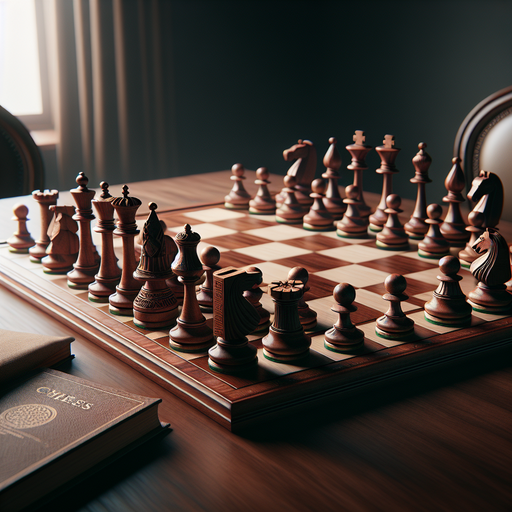How Is Chess A Sport

For many, the word "sport" conjures images of physical exertion, sweat, and high-octane action. Yet, chess, a game of strategic intellect, is celebrated globally as a sport. How does a game played on a board with 32 pieces qualify as a sport? Let’s explore the rationale behind this intriguing classification.
Defining a Sport
To understand why chess is considered a sport, we first need to define what constitutes a sport. Generally, sports are competitive activities that require skill, are governed by a set of rules, and often involve physical exertion. They also emphasize individual or team performance. While chess may not involve the physicality of traditional sports like soccer or basketball, it meets several key criteria of this definition.
The Competitive Nature of Chess
Chess is fiercely competitive. From local clubs to international tournaments, players pit their wits against each other in intense intellectual battles. The strategic depth of chess ensures that no two games are alike, providing endless opportunities for competition. The World Chess Federation (FIDE) oversees international competitions, mirroring the governing bodies in other sports.
Skill and Training
Just like athletes, chess players undergo rigorous training. Mastering chess requires years of study, practice, and dedication. Grandmasters analyze thousands of games, memorizing patterns and strategies. They also refine their skills through practice matches, much like athletes who train for peak performance. This level of commitment and skill development aligns chess with more traditional sports.
Mental and Physical Exertion
Though chess may appear sedentary, it demands significant mental and physical exertion. Players must maintain intense concentration for hours, a task that is mentally exhausting. Additionally, high-level matches can last for extended periods, requiring players to sustain their focus and endurance. Chess players often maintain physical fitness to handle the rigors of tournament play, highlighting the sport's physically demanding nature.
Recognition and Popularity
The recognition of chess as a sport is not merely a matter of semantics. It has been acknowledged by the International Olympic Committee (IOC) since 1999. Chess tournaments attract millions of viewers worldwide, and platforms like Twitch have made it a popular spectator sport. This widespread appeal and formal recognition further solidify its status as a sport.
Conclusion
Chess embodies the essence of sport through its competitive nature, skill requirements, and mental exertion. While it may lack physical contact, the strategic and psychological demands place it firmly within the realm of sports. As a globally recognized and celebrated activity, chess continues to captivate minds and inspire players, proving that the power of intellect can rival even the most physically demanding sports.